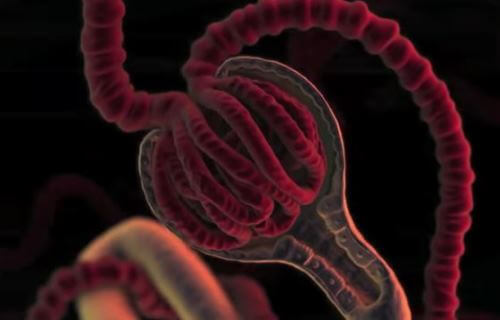Updated October 2024
Your kidneys are some of the hardest working organs in your body, filtering toxins from about 200 liters of blood a day … but they get none of the glory or attention that the heart or the brain get. Unless something goes wrong, we don’t think about kidneys much at all… but National Kidney Month hopes to change that.
One in three Americans are at risk of kidney disease, and one in nine have kidney disease but don’t know it. The early stages of kidney disease often have few symptoms so knowing risk factors and maintaining good kidney health is important. High blood pressure, diabetes, a family history of kidney failure and being over 60 are major risk factors for developing kidney disease.
The National Kidney Foundation is calling on all Americans to take five healthy steps for their kidneys. We’ve summarized below but click the link above for more detail.
1. Get Tested! Ask your doctor for annual screening tests if you have diabetes, high blood pressure, are over age 60, or have a family history of kidney failure.
2. Reduce NSAIDs. Over the counter pain medicines, such as NSAIDs (nonsteroidal anti-inflammatory drugs) can harm the kidneys, especially if you already have kidney disease. Reduce your regular use of NSAIDs and never go over the recommended dosage.
3. Cut the Processed Foods. Processed foods can be significant sources of sodium, nitrates and phosphates, and have been linked to cancer, heart disease and kidney disease.
4. Exercise Regularly. Regular exercise will keep your kidneys healthy. Getting active for at least 30 minutes a day can also help you control blood pressure and lower blood sugar, which is vital to kidney health.
5. Control Blood Pressure and Diabetes. Managing high blood pressure and strict control of blood sugar levels can slow the progression of kidney disease.
Assess your risk of kidney disease with the Kidney Know Your Risk Quiz.
Here’s a short primer that will help you learn more about your kidneys:

